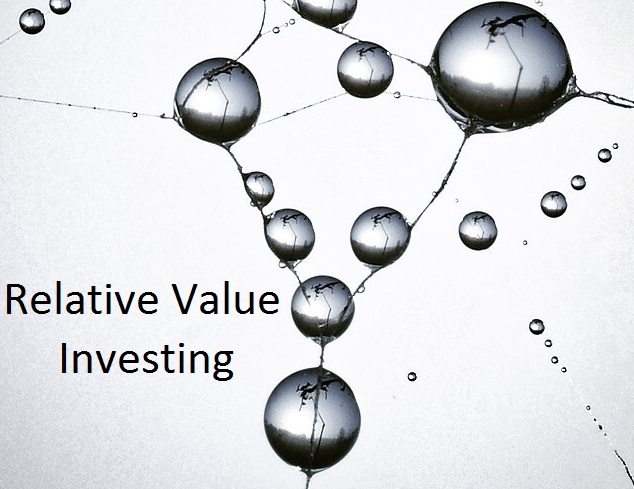Highlights from Buffett’s 2017 letter to Berkshire Hathaway shareholders.
(1) On preparing for ‘rainy days’
"Some years, the gains in underlying earning power we achieve will be minor; very occasionally, the cash register will ring loud. Charlie and I have no magic plan to add earnings except to dream big and to be prepared mentally and financially to act fast when opportunities present themselves. Every decade or so, dark clouds will fill the economic skies, and they will briefly rain gold. When downpours of that sort occur, it’s imperative that we rush outdoors carrying washtubs, not teaspoons. And that we will do."
(2) On handling a crisis
"The years ahead will occasionally deliver major market declines – even panics – that will affect virtually all stocks. No one can tell you when these traumas will occur – not me, not Charlie, not economists, not the media. Meg McConnell of the New York Fed aptly described the reality of panics: “We spend a lot of time looking for systemic risk; in truth, however, it tends to find us.” During such scary periods, you should never forget two things: First, widespread fear is your friend as an investor, because it serves up bargain purchases. Second, personal fear is your enemy. It will also be unwarranted. Investors who avoid high and unnecessary costs and simply sit for an extended period with a collection of large, conservatively-financed American businesses will almost certainly do well."
(3) On share repurchases
"In the investment world, discussions about share repurchases often become heated. But I’d suggest that participants in this debate take a deep breath: Assessing the desirability of repurchases isn’t that complicated.
From the standpoint of exiting shareholders, repurchases are always a plus. Though the day-to-day impact of these purchases is usually minuscule, it’s always better for a seller to have an additional buyer in the market.
For continuing shareholders, however, repurchases only make sense if the shares are bought at a price below intrinsic value. When that rule is followed, the remaining shares experience an immediate gain in intrinsic value. Consider a simple analogy: If there are three equal partners in a business worth $3,000 and one is bought out by the partnership for $900, each of the remaining partners realises an immediate gain of $50. If the exiting partner is paid $1,100, however, the continuing partners each suffer a loss of $50. The same math applies with corporations and their shareholders. Ergo, the question of whether a repurchase action is value-enhancing or value-destroying for continuing shareholders is entirely purchase-price dependent.

